After a furious rally in the past week on hopes that Italy’s oldest, and most insolvent, bank, Siena’s Monte Paschi has turned the corner and would return to profitability while outside investors would finally help it in its seemingly endless quest to find $5 billion in outside capital, today BMPS shares plunged after first opening limit up in what can only be characterized as a roller coast market.
The bank’s new CEO Marco Morelli, on the job just 6 weeks, announced he would lay off 2,600 as he targets a profit of 978 million euros in 2018 and 1.1 billion euros in 2019. Monte Paschi is also seeking to dispose of €28 billion of bad loans and is committed to raise as much as €5 billion in capital by the end of the year, with Morelli saying he’ll start talks with potential new investors this week.
Concern over the terms of the recapitalization broke the ongoing euphoria over hopes for profitability, and Monte Paschi jumped as much as 27% before declining 23 percent to 27 cents at 11:50 a.m. in Milan. The Siena, Italy-based lender surged about 58 percent last week, helping pare losses this year to “only” 64%. The bank’s lower Tier 2 notes due in April 2020 rose 6 cents to about 80 cents, the highest level for the junior bonds since Aug. 2, according to data compiled by Bloomberg.
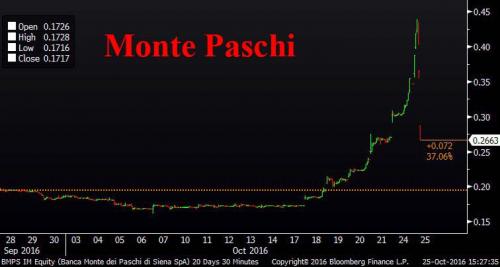
What catalyzed the moves was Morelli’s statement during a press conference that Monte Paschi plans to offer debt swap to all €5.1b outstanding bonds, adding that the main goal now is bringing bank back to normal and is “Absolutely open” to examine any proposal for bank. The market interpreted this as an aggressive debt-for-equity swap is imminent, one which could lead to even more massive equity dilution, and the result was show in the chart above.
Earlier, Monte Paschi announced that in Q3 the bank recorded a loss of €1.15 billion, down from a profit of €255.8 million a year earlier as it set aside another €1.3 billion in provisions for soured loans. The common equity Tier 1 ratio, a measure of financial strength, slipped to 11.5% at the end of September from 12% at the end of 2015.








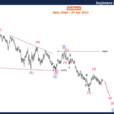

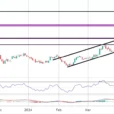
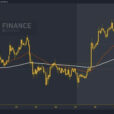
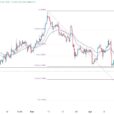
Leave A Comment